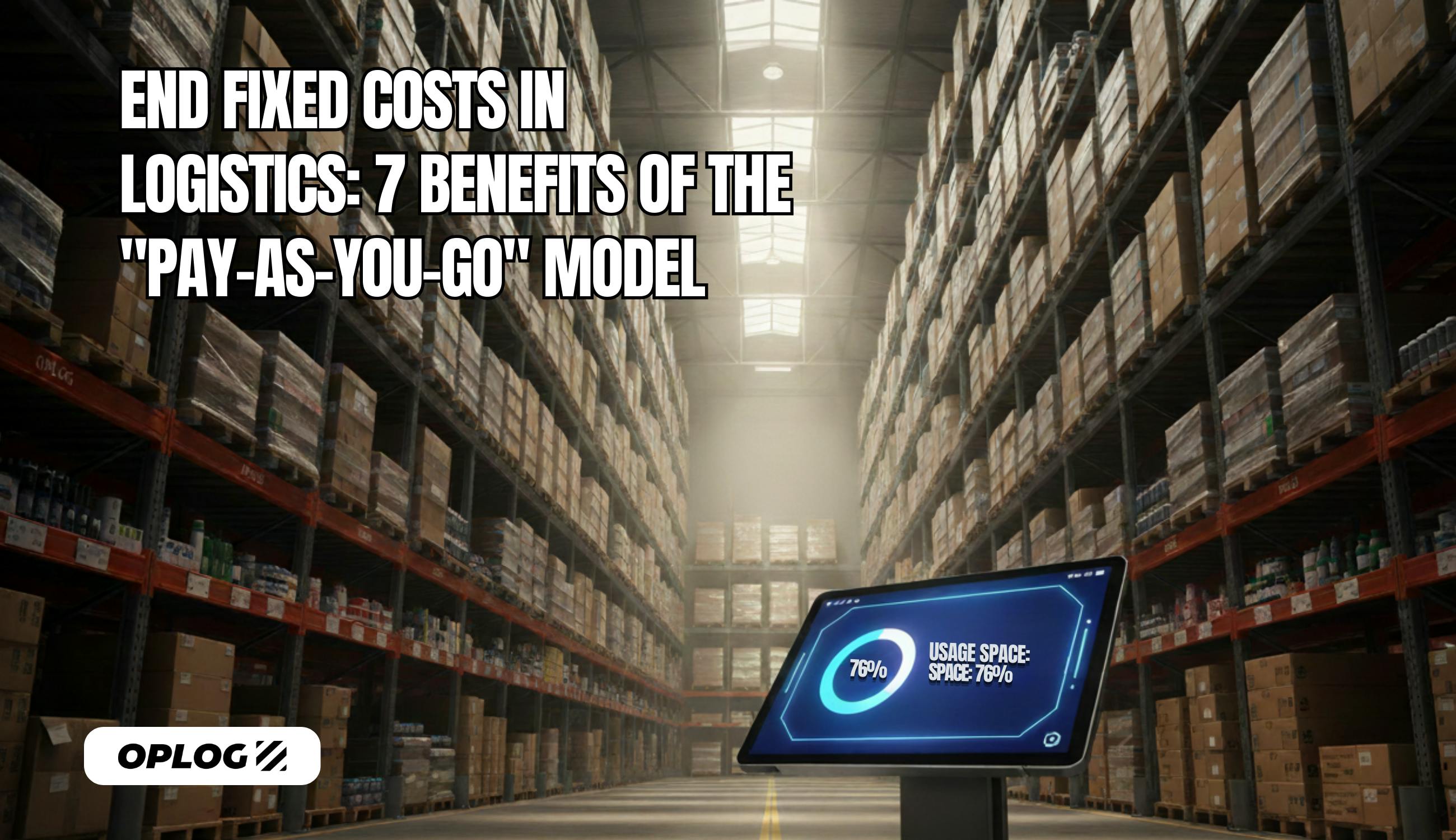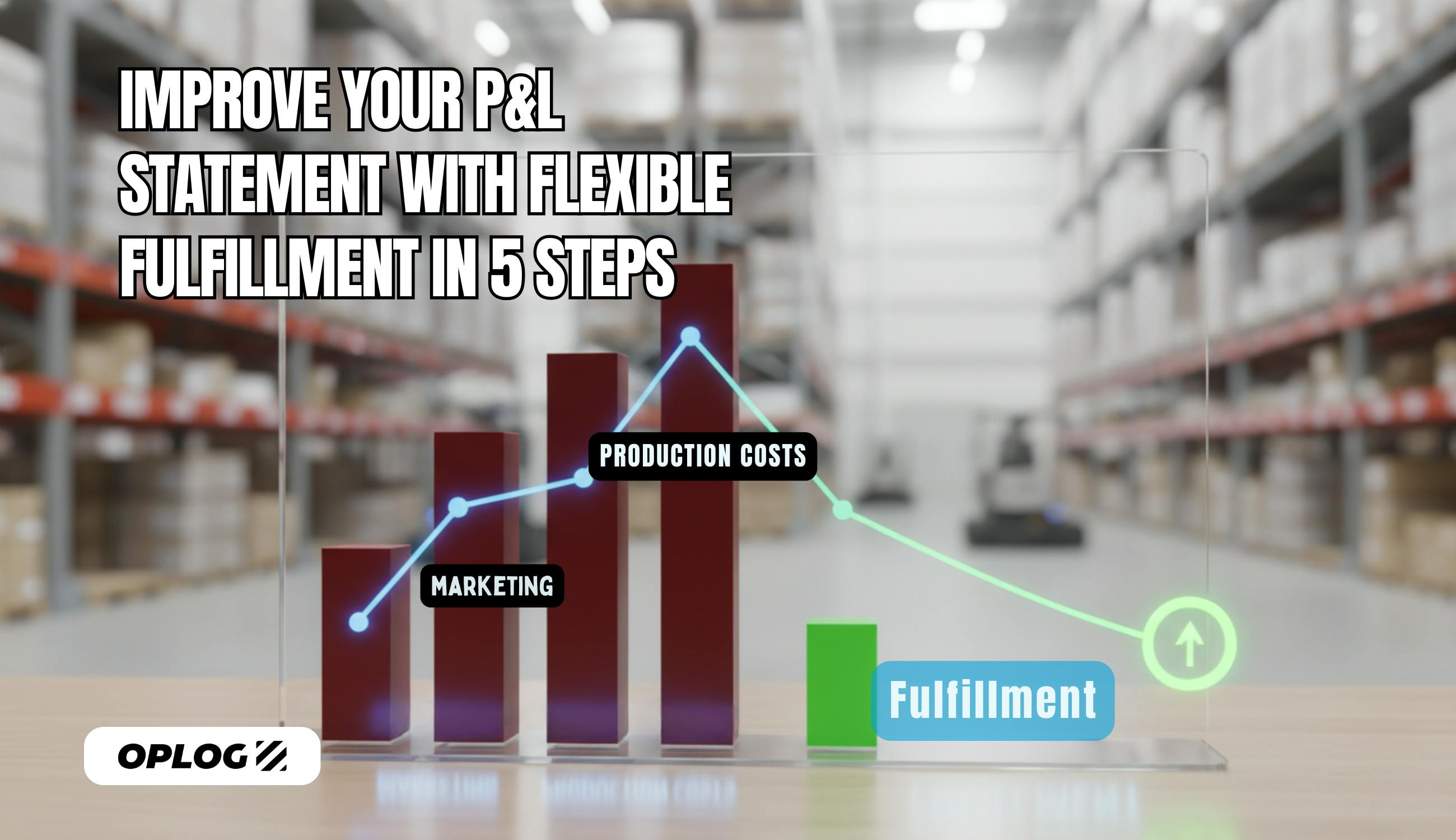4 Ways to Combine Artificial Intelligence with eCommerce
We are all well much aware of the fact that artificial intelligence is progressively taking more place in our lives. And yes, it is pretty much important for the eCommerce sector as well. So, let us share with you the 4 benefits of artificial intelligence in eCommerce.
1) Chatbots
The first guest on our tour of the world of artificial intelligence is Chatbots. Usually, they are the ones that take all the credit for being artificial on your website as they appear on your page. To be more precise, they are based on computers and allow you to connect easily with your customers. However, if you are seeking more from them, they are able to provide value in areas such as product comparisons, payments, and stock control.
Moreover, chatbots can be beneficial for taking complaints from your customers and can also act as customer service to a certain degree. In some advanced practices, chatbots can recognize the voice and certain messages thereby helping customers to have a certain degree of conversation with customers. To give a little bit of detail about chatbots you may use chatbots that use AIML( Artificial Intelligence Markup Language) which is a language for chatbots and helps your chatbots to have faster response rates.
a) Rule-Based Chatbots
They mainly act as a rule-based chatbot and that is why they have the limitation of default "couldn't understand" reply when no reply is satisfied. However, they come in handy when your customers need quick answers as they use the set of rules that you have driven from your resources such as FQAs. As a more slow option, you may use AI-based chatbots to give the chatbot to learn the behavior of your customer and have decision-making skills.
b) AI-Based Chatbots
To create an artificial intelligence-based chatbot, you can use NPL(Natural Language Processing) technology which unites the algorithms of human spoken language with statistical, machine learning algorithms. Using NPL technology will allow you to avoid human errors while also enabling your chatbot to understand the multiple meanings of a word.
But as the last word, Al's come with great help, however, you should use them only to make your customers' lives easier because when the process becomes difficult, your customers will probably leave your website.
2) Potential Sales
Our second stop is mainly related to understanding your customer’s behavior. You may already wonder how hard it is to understand their tendencies even in person but just stick with it and see how artificial intelligence can help a great deal. It may sound technical but artificial intelligence can help you to understand your customers and their activity in your online eCommerce store through deep learning, statistical programming, and predictive analysis of datasets.
These details might look overwhelming but technical assistance in these areas can easily scale up your company. Besides, using artificial intelligence in your work can help you in areas such as predictive sales and warehouse management. These are the reasons why you should take advantage of the values that artificial intelligence brings to your eCommerce business.
3) User Experience
Everybody needs some good advice, right? It is okay to think that artificial intelligence has nothing to advise but let me change your mind. Why not let your customers guide you about the services you offer? Based on the information that is gained from potential customers, the tendencies and essential details are tracked by the algorithms in the search engines. Therefore, an advice system is created to help customers find products or services easily.
For example, you may use the tools such as Adobe Sensei, IBM Watson Assistant, Pypestream, or Semantaria as they use machine learning and offer relatable experiences to each of your customers. Through the use of these tools, you can gain insights into hidden opportunities while increasing the quality of your user experience. Make sure of the adaptability of the tool to your system and check if they have decent training and a support system.
4) Warehouse Management Systems
Our last stop in this tour is the warehouse automation systems. Mainly, robots and machine learning are used for parcel sorting, packaging, or categorization thereby lowering the costs of warehouse maintenance while increasing warehouse productivity.
Let us share a couple of examples where artificial intelligence can improve your warehouse management systems.
a) Warehouse Travel Time
We all know that travel time inside the warehouse consumes the vast majority of the warehouse worker's time. To decrease the time spend when moving around the facility, artificial intelligence, and machine learning systems can assist by processing the data for balancing priorities. Moreover, order batching and pick sequencing can be arranged in a more optimized way to reduce travel time.
b) Workload Management
Up to this point, you can understand that artificial intelligence uses algorithms to understand behavioral patterns. Basically, they learn about our work area and make calculations based on the start and end travel locations while also taking quantity and product types into account. With the guidance of these predictions, the warehouse operates at a much more optimal pace.
At the end of this tour, you may feel overwhelmed with all of this information but all can be done without in-house know-how of artificial intelligence.
As a technology company, OPLOG combines technology with fulfillment thereby allowing you to focus on your sales by taking full control over your logistics operations. As OPLOG, we store, pack and ship your orders while giving you full control with our software system. If you want to learn more do not hesitate to contact us.






